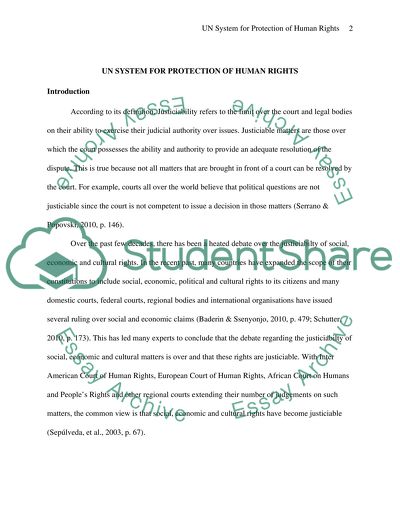Cite this document
(“The UN system for the protection of Human Rights Essay”, n.d.)
The UN system for the protection of Human Rights Essay. Retrieved from https://studentshare.org/law/1402721-the-un-system-for-the-protection-of-of-human
The UN system for the protection of Human Rights Essay. Retrieved from https://studentshare.org/law/1402721-the-un-system-for-the-protection-of-of-human
(The UN System for the Protection of Human Rights Essay)
The UN System for the Protection of Human Rights Essay. https://studentshare.org/law/1402721-the-un-system-for-the-protection-of-of-human.
The UN System for the Protection of Human Rights Essay. https://studentshare.org/law/1402721-the-un-system-for-the-protection-of-of-human.
“The UN System for the Protection of Human Rights Essay”, n.d. https://studentshare.org/law/1402721-the-un-system-for-the-protection-of-of-human.


